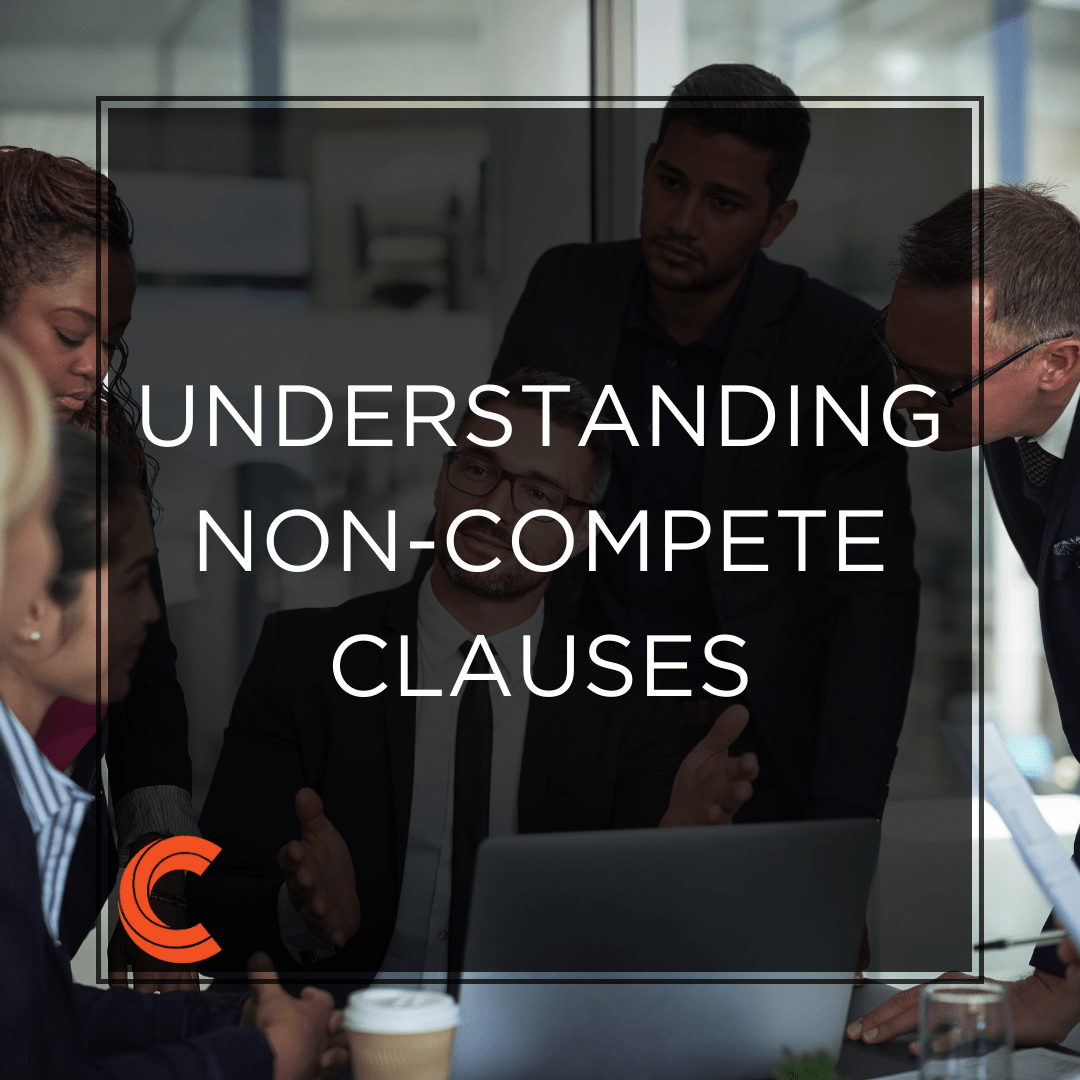Non-compete clauses are essential tools for protecting business interests. They can prevent employees from joining competitors or starting similar businesses for a certain period after leaving your company. However, these clauses must be carefully crafted to be enforceable. This blog post explores the legal complexities of non-compete clauses, including what makes them valid, potential pitfalls, and recent changes in the law. Carbon Law Group offers expert guidance on drafting or reviewing non-compete agreements to ensure they are effective and compliant.
What Makes Non-Compete Clauses Valid
1. Reasonable Scope
To be enforceable, a non-compete clause must be reasonable in scope. This means it should not overly restrict an employee’s ability to find work in their field. The clause should define the geographical area where the restriction applies and the specific type of work or industry affected.
Fact: A non-compete clause that is too broad in scope may be deemed unenforceable. It is essential to strike a balance between protecting business interests and allowing employees to pursue their careers. Carbon Law Group can assist in drafting clauses with appropriate limitations to ensure their validity.
2. Legitimate Business Interest
Non-compete clauses must protect a legitimate business interest. This could include trade secrets, confidential information, or customer relationships. The clause should aim to safeguard these interests rather than merely restricting competition.
Fact: Courts often scrutinize non-compete clauses to ensure they are designed to protect genuine business interests. Carbon Law Group can help identify and articulate the legitimate interests your business needs to protect.
3. Consideration
For a non-compete clause to be enforceable, there must be adequate consideration. This means that the employee must receive something of value in exchange for agreeing to the restriction. This could be a job offer, a promotion, or other benefits.
Fact: Without sufficient consideration, a non-compete clause may be unenforceable. Carbon Law Group can advise on appropriate considerations to include in your agreements to meet legal requirements.
Potential Pitfalls in Non-Compete Clauses
1. Overly Broad Clauses
One common pitfall is drafting clauses that are too broad in terms of time, geography, or scope. Such clauses may be challenged in court and deemed unenforceable if they overly restrict an employee’s future employment opportunities.
Fact: It is crucial to be specific and reasonable in defining the limits of your non-compete clauses. Carbon Law Group can review and revise your agreements to avoid overly broad restrictions.
2. Failure to Update Clauses
Another potential issue is failing to update non-compete clauses to reflect changes in the law or business practices. Laws governing non-compete agreements can vary by state and may evolve over time.
Fact: Keeping your non-compete clauses current is vital for their enforceability. Carbon Law Group can provide updates and ensure that your clauses comply with the latest legal standards.
3. Enforceability Issues
Enforceability is a significant concern with non-compete clauses. Courts may refuse to enforce clauses that are too unreasonable or overly restrictive. This can result in wasted time and resources.
Fact: Drafting clauses with careful consideration of enforceability is essential. Carbon Law Group can help design clauses that are more likely to withstand legal scrutiny.
Recent Changes in Non-Compete Law
1. Legislative Reforms
In recent years, several states have introduced reforms affecting clauses. These reforms often focus on limiting the scope and duration of such clauses, particularly for low-wage workers. Staying informed about these changes is crucial for ensuring your clauses remain compliant.
Fact: Legislative reforms can impact how you can enforce non-compete clauses. Carbon Law Group can provide updates on relevant legal changes and help adjust your agreements accordingly.
2. Judicial Trends
Courts are increasingly scrutinizing non-compete clauses for fairness and reasonableness. Recent judicial trends show a growing emphasis on balancing business protection with employee rights. This shift may influence how non-compete agreements are interpreted and enforced.
Fact: Understanding current judicial trends is essential for drafting enforceable clauses. Carbon Law Group can offer insights into these trends and their implications for your business.
How Carbon Law Group Can Assist
Carbon Law Group specializes in drafting non-compete clauses that protect your business interests while remaining compliant with legal standards. We ensure that your clauses are reasonable, specific, and tailored to your needs. Our team can review and update your existing clauses to address potential pitfalls and incorporate recent legal changes. We ensure that your agreements are enforceable and up-to-date.
Carbon Law Group offers legal advice on all aspects of non-compete agreements. Whether you need help drafting new clauses or revising existing ones, we are here to provide guidance and support.
Conclusion
Non-compete clauses are valuable tools for protecting your business interests, but they must be carefully crafted to be enforceable. Understanding the legal complexities, potential pitfalls, and recent changes in the law is essential for creating effective non-compete agreements. Carbon Law Group can assist you in drafting, reviewing, and updating your non-compete clauses to ensure they meet legal requirements and protect your business. Contact Carbon Law Group today for expert assistance in managing your non-compete agreements.




